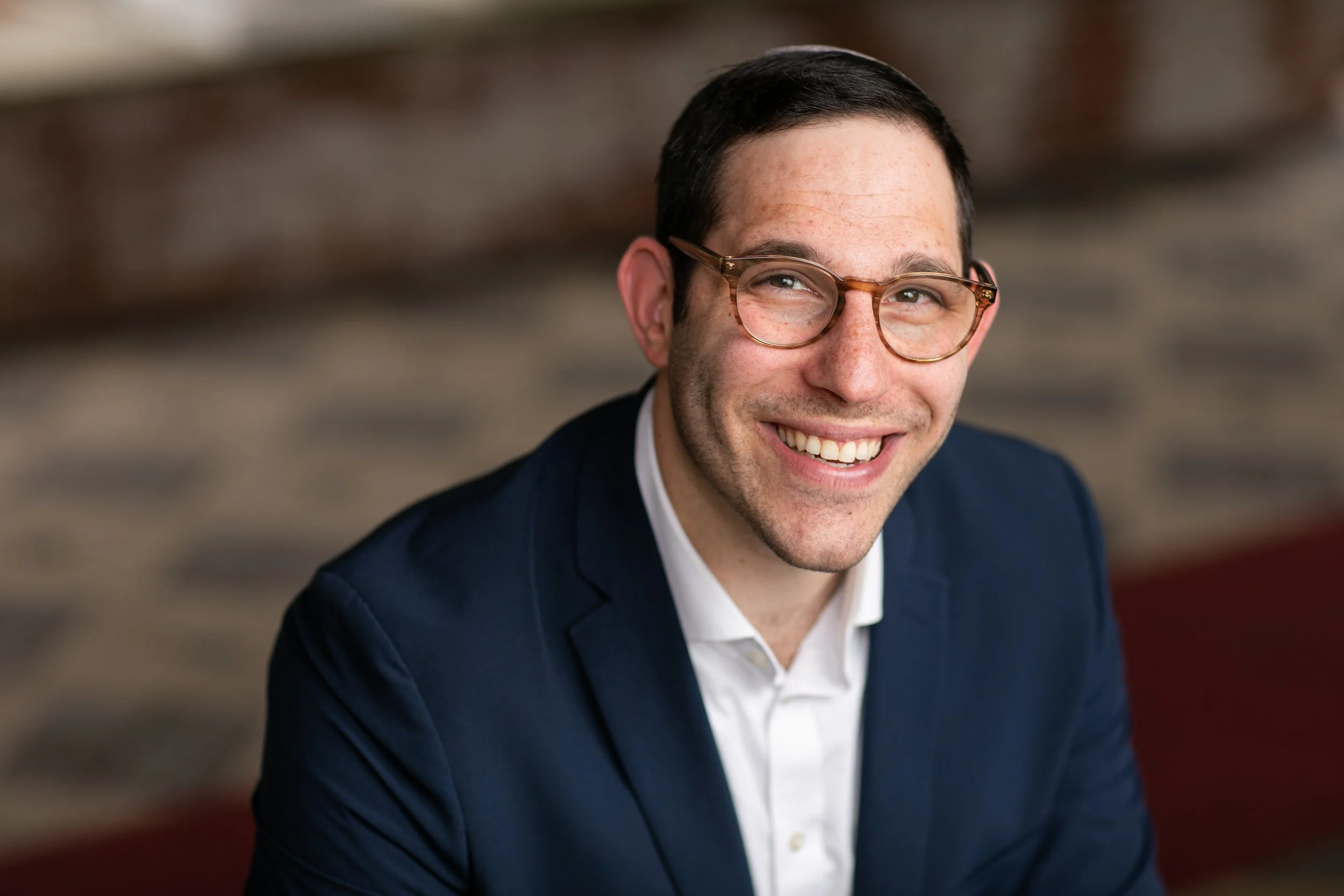WELCOME TO THE PODCAST
Understanding Disordered Eating

LISTEN NOW
Understanding
Disordered Eating Podcast
Each week we explore the deeper meaning of our relationship with food and our body. I interview experts in the field of eating disorders and psychoanalysis to bring you the answers about why you do the things you do and bring you one step closer to a healthier relationship with food and yourself.
ADHD and Eating Disorders with Brittany Modell MS, RD, CDN
ADHD + a complicated relationship with food = a recipe for disaster. Am I right? If you’ve ever found yourself forgetting key ingredients at the grocery store or using snacks to calm your brain from its chaotic circus act. If you're nodding along and thinking, "Yep, that's me," then listen up.
Prevention with Marcy Forta
Flashback to your teenage years. What a blissful, uncomplicated time... said no one ever. Adolescence can be a confusing time—so confusing, in fact, that most of us can’t even make sense of our own teenage years even as adults. Prevention happens during these years, and because of that they are complicated.
Normal Moms and Disordered Eating
Calling moms everywhere: if you have ever found yourself standing in front of the fridge, starving but too tired to decide between a sandwich or just grabbing the entire pint of ice cream, then stick with me, because I’m talking to you.
Are Eating Disorders Considered Addictions? with Iris Epstein RD, CDCES, CEDS-S, CAI
It’s easy to think of eating disorders as, well, a disorder. But when we start to really dive into the nitty gritty, are they actually considered an addiction? We’ve all heard people throw the word “addiction” around casually, right? Like, "I'm addicted to coffee," or, "I’m addicted to this podcast" (which, let’s be real, you probably are). But what happens when we start talking about it in the context of serious eating disorders? That’s where things get a bit sticky. Spoiler: This isn’t the food addiction conversation.
The Problem With Our Culture and How To Change It with Michael Levine, Ph.D., FAED
How do we challenge cultural norms when society has a strong perception of how things “should” be? Cultural and environmental factors undeniably influence our understanding and experience of our relationship with food and our bodies. But, let’s reconsider them. This is an opportunity to examine how our personal, professional, and political actions can drive meaningful change.
Cliff Notes: Everything You Need to Know About Eating Disorder Treatment Before You Begin
The idea of eating disorder treatment can feel very overwhelming. If you aren’t sure where to start, then this episode is for you. Think of it as your crash course—because who doesn't love a good cliff notes version?
Fertility and Nutrition with Rachelle Mallik
How many old wives’ tales have you heard about nutrition and fertility? More importantly, how often have doctors told you that intentional weight loss will miraculously improve your IVF outcomes? If you’re even slightly “overweight” and experiencing fertility issues, it’s common for doctors to subtly (or not so subtly) suggest you “lose a little weight” as a solution. However, this outdated advice is based on research that isn’t clear-cut. Intentional weight loss isn’t the magic solution for better IVF outcomes. Who knew? More nuanced food and movement changes (if any at all) might actually be more beneficial. But hey, why have clarity when you can have mixed messages?
Substance Use and Eating Disorders with Sydney Greene
Have you ever noticed how sometimes substance use and eating disorders are intertwined? It turns out, these issues like to hang out together more often than not, complicating treatment and recovery. So, why do we keep these so separate in our conversations? There’s this illusion that some people can juggle their substance use with such precision. Spoiler alert: it's not as glamorous as it sounds.
Eating Disorder Recovery Cannot Happen Without This
Here’s the thing: when you eat regularly and enough, a domino effect happens. Your food obsessions disappear, your physical health improves, and your focus, memory, and mood are back to a “normal” baseline.
Critical Thinking about Anti-Diet Messages
We've come a long way from the relentless diet culture that shoved weight loss down our throats. But here’s the thing: swinging to the extreme of intuitive eating without a solid plan can feel just as chaotic.
Relationships with Eli Weinstein LCSW
Balance and boundaries are the keys to your success in your everyday life. But balancing the two is never easy. The way we relate to food often mirrors how we relate to people—be it friends, family, or romantic partners. And let’s be real, the way we interact with others can reveal a lot about our own struggles and strengths.
GLP with Dr. Kim Dennis
Remember the last time we dipped our toes into the hot world of Ozempic and other GLP meds? Yeah, we barely scratched the surface. The world is absolutely obsessed with GLP medications, and the more we know, the better we can make informed decisions—without all the drama, please.
Meet Your Host
Rachelle is a licensed mental health counselor, eating disorder and analytic therapist.
Rachelle works with clients in New York City and Brooklyn to make sense of life’s messy emotional experiences.














